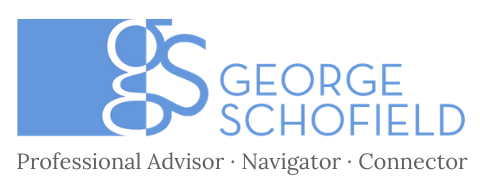
The Previous Normal. Imagine a train track and a train station. Others have ridden this train before and can advise you about what to expect at your arrival point and how to manage your trip. You buy a ticket, board, and ride to your pre-established destination. Upon arrival, you discover pretty much what you expected and, over time, learn to be effective there in your own ways. When and if you decide to move on, you select your new destination, board the train again, and arrive as planned. Sometimes people will move on without much planning and with varying degrees of success. In the past, the majority, however, preferred planning, knowing in advance, and as much risk elimination as possible.
The New Normals (plural). Imagine 16 irregularly placed electric power stations. Each one is directly connected by wires to all of the others. They interact, change, and affect each other, sometimes independently and sometimes in groups, without much notice.
They are named, in no particular order:
- Family
- Work
- Education
- Employable skills and expertise
- Health
- Religion
- Finances
- Cultural Norms
- Environment
- Individual Choice
- Collective Benefit
- National and International Interests
- Regional Interests
- Industries
- Companies/Employers
- Politics

This is called a complex system. It’s where we all live. The New Normals (any combination of the above) require that we always be paying attention and assessing. The data from these attentions and assessments drive Transformative Thinking which in turn provides for Adaptive Planning which in turn leads to Right Time Decisions and Actions. Without these 3 and the right tools, we incorrectly pretend or act as if we’re still riding a train.
Systems thinking, familiarity with the parts and their interactions requires a different focus, intensity, and adaptability than outcome-driven, linear approaches. For many of being good at north require conscious learning and practice.
Going on autopilot and sticking to the familiar won’t’ work. Understanding and working effectively with the New Normals takes education, practice, determination, ongoing ability to pay attention, willingness, understanding the tools, and learning from experience.
It also requires being willing to not know what we don’t know periodically, while our minds scream to know what we don’t know so we can move ahead quickly. Right actions and right timing depend upon being as adept at not knowing what we don’t know as being adept at the much more comfortable situation of knowing what we don’t know and then driving progress accordingly.

 George Schofield is a division of The Clarity Group, LLC© 2017 George Schofield. All rights reserved.
George Schofield is a division of The Clarity Group, LLC© 2017 George Schofield. All rights reserved.